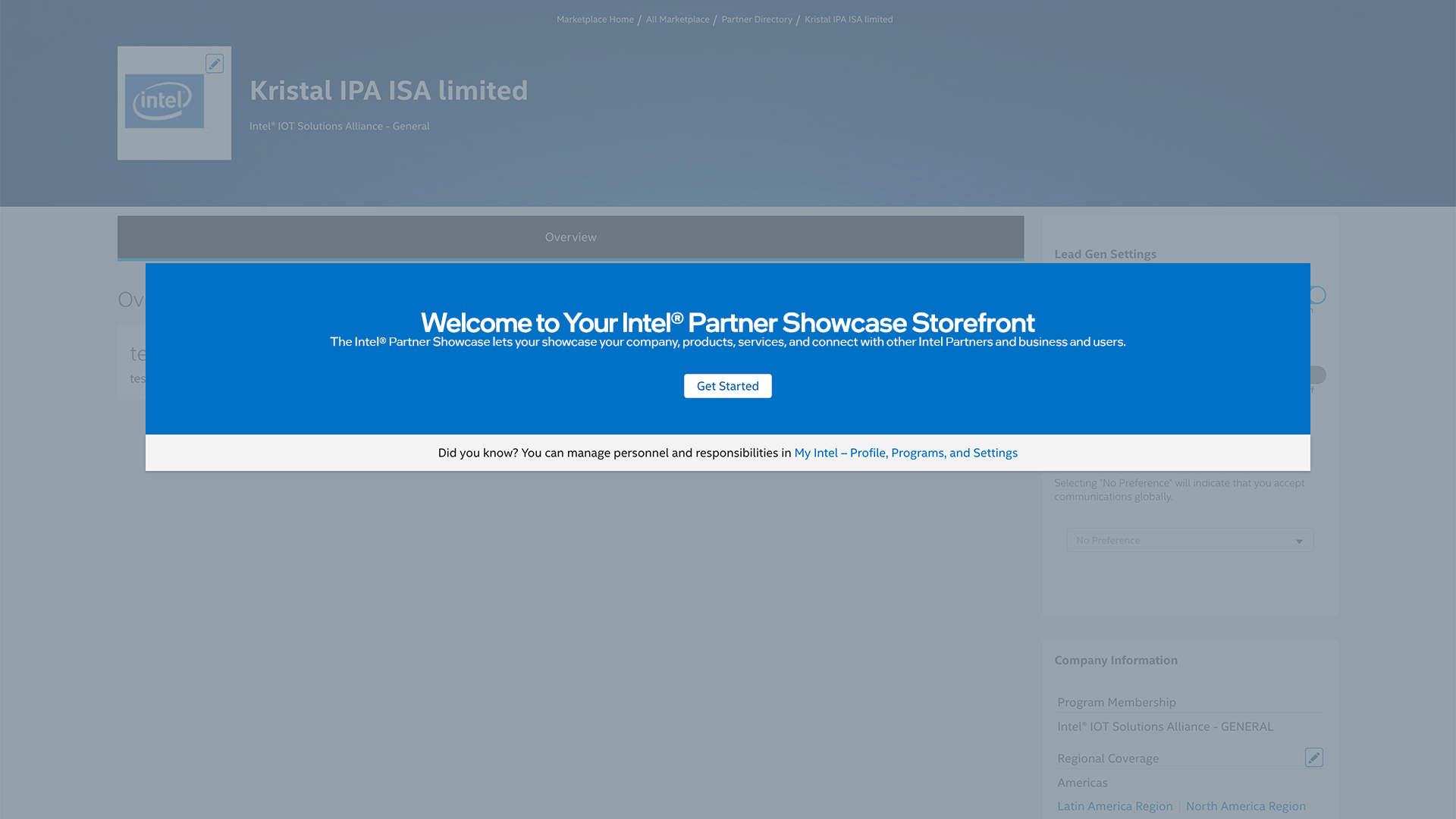

- #Popup saying intel smart connect technology install#
- #Popup saying intel smart connect technology upgrade#
- #Popup saying intel smart connect technology windows 10#
We just made updates to the Windows 11 PC Health Check App. Now that you know about the secure technologies you'll be using, there are a few things you should keep in mind before you dive into fixing the issue on your own. TPM and Secure Boot could be the key to getting your device to run Windows 11. Secure Boot also plays a part in preventing Windows pirating. So, if you wanted to experiment with Linux operating systems, for instance, Secure Boot could stop you.
#Popup saying intel smart connect technology install#
On the other hand, it can prevent you from being able to install a second operating system on your machine, giving you two to choose from when you first start up your computer. On the one hand, it can prevent certain classes of invasive malware from taking over your machine and is a core defense against ransomware. It's both a good and bad thing for a Windows machine. Secure Boot is a feature in your computer's software that controls which operating systems are allowed to be active on the machine. In Russia, TPM use is only allowed with permission from the government. China uses its state-regulated alternative, TCM. TPM-equipped machines generally aren't shipped in countries where western encryption is banned. However, it also allows remote attestation (authorized parties can see when you make certain changes to your computer) and may restrict the kinds of software your machine is allowed to run. An updated and enabled TPM is a strong preventative against firmware attacks, which have risen steadily and drawn Microsoft's attention. TPMs are controversial among security specialists and governments. TPM 2.0 is the most recent version required.
#Popup saying intel smart connect technology windows 10#
Previously, Microsoft required original equipment manufacturers of all models built to run Windows 10 to ensure that the machines were TPM 1.2-capable. A TPM has been a mandatory piece of tech on Windows machines since 2016, so machines older than this may not have the necessary hardware or firmware. Some TPMs are virtual or firmware varieties but, as a chip, a TPM is attached to your motherboard during the build and designed to enhance hardware security during computer startup. TPM microchips are small devices known as secure cryptoprocessors.
#Popup saying intel smart connect technology upgrade#
Read more: Windows 11 review: Microsoft's OS upgrade is subtle, but we like that What are TPM and Secure Boot? With a little patience, any first-timer can do this. If you've never heard the words "BIOS menu" you might feel out of your element, but don't be intimidated. No special skills are needed, and you'll just be clicking through menus. If your machine is new enough to support both, enabling TPM (short for Trusted Platform Module) and Secure Boot is often quite easy.

The app will tell you whether your computer will support Windows 11, or what it's missing, and you can click See All Results for more information. Once you've downloaded the PC Health Check app, you can click Check Now to begin the scanning process. (Here are two other things you must do before downloading Windows 11.) Many modern computers and processing chips from Intel and AMD have these features built in, and both are now required for all machines running Windows 11. If you've tried installing Windows 11 Insider Preview or using the Microsoft PC Health Check app and were greeted with an error message reading, "This PC can't run Windows 11," your system might not have two essential security settings turned on: Secure Boot and TPM 2.0.


 0 kommentar(er)
0 kommentar(er)
